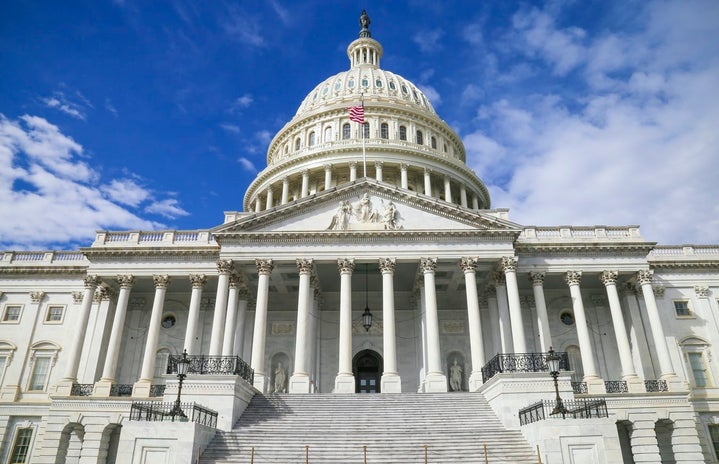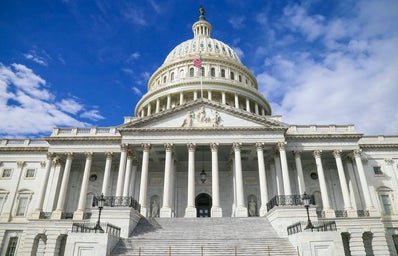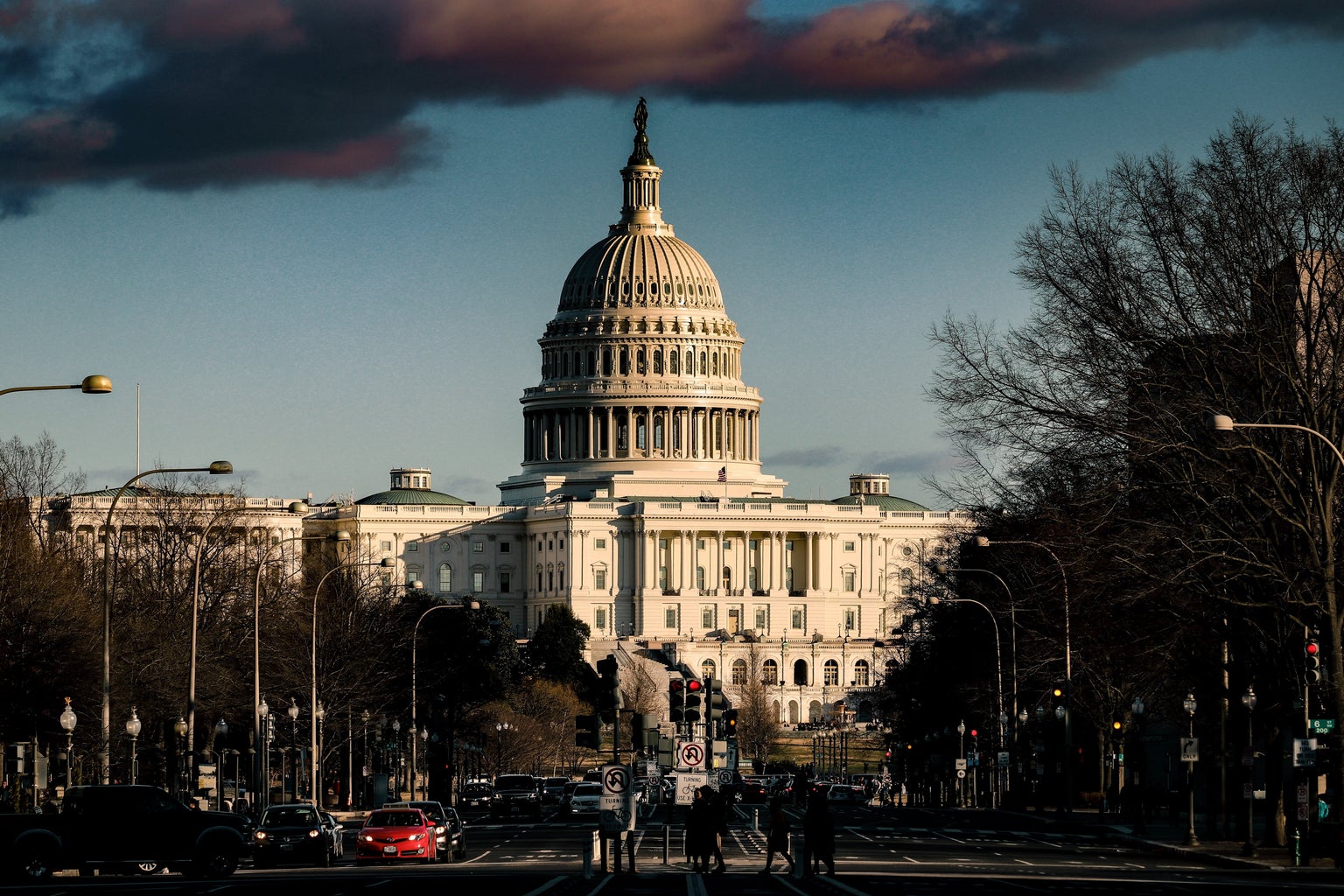You may have heard that America nearly avoided a government shutdown on September 30th, as Congress and President Biden were able to pass a bill extending federal funding just mere minutes before the shutdown was set to begin. However, even with this extension, the American government is not in the clear as it still faces many challenges. On the top of this list is the issue of the new federal budget, which must be approved before November 17th in order to avoid another potential shutdown.
Here is some information to get you through your next talk about politics:
The government shutdown is a potential and realistic threat because Congress has yet to pass a final budget for the 2023-2024 Congressional year. Each year, one of Congress’s most important tasks is to delegate a budget that will set funding for federal agencies such as Medicare, education, military and many more. This year, however, Congress has hit a road bump as House Republicans and Democrats have opposing views on which areas should be funded and how much funding they will receive. Far-right Republicans have made it clear that they are unwilling to negotiate, favoring a government shutdown. They believe it will drive their point of not tolerating the Democratic progressive agenda.
In the midst of this issue, the House was faced with a new challenge: they have ousted former Speaker of the House, Kevin McCarthy. The Speaker of the House plays a very vital role in the passage of new bills as they have the authority to direct the floor, choosing how many motions will be allowed. Having ousted Kevin McCarthy, Congress can no longer move forward with passing a budget until they choose a new speaker. Choosing a new speaker has proved to be a difficult task, as the Democrats advocate for a moderate Speaker and Republicans wish for a conservative Speaker. Congress has made no indication that it will timely elect a new Speaker, especially as Steve Scalise, the leading candidate, recently dropped out of the race forcing the establishment to start its search once again.
Although we attribute the potential government shutdown to Congress’s inability to pass a federal budget, the root of the issue lies in the polarization of America’s political parties. Today we see America more polarized than ever as political affiliation has become part of personal identity. To solve this issue our leaders must come together, not only to elect a Speaker but also to pass a federal budget that will keep our nation running and save thousands of federal employees from losing their jobs. The threat of a shutdown goes beyond federal agencies; the lives of many Americans will be heavily affected if federal funding is cut.




